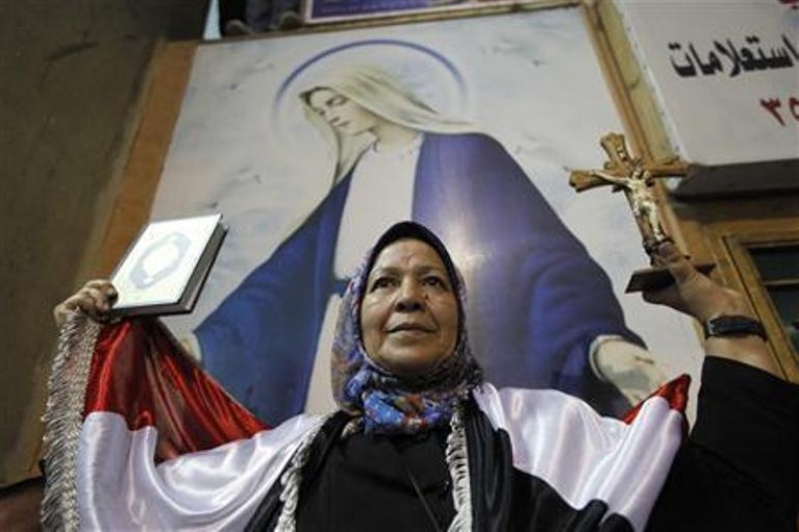
Due to Muslim conversions, faith leaders indicate Christianity now is making a comeback in Europe.
Many parts of Europe reportedly are becoming more secular, and worship houses are losing congregants in noticeable amounts. An increasing number of Muslims, many of them refugees from Syria, Iraq and Afghanistan, are converting to Christianity in Europe. Local experts said the converts are embracing various Christian denominations, including Protestants, evangelical or Catholic.
"European churches have struggled for decades to share the gospel with modern secular Europeans," Matthew Kaemingk, a professor at the Fuller Theological Seminary in Seattle, told Fox News. "They have found Muslim immigrants to be much more open to the message of Christianity."
Kaemingk has researched Christian responses to Muslim immigration in the Netherlands, and has written a book titled "Christian Hospitality and Muslim Immigration in an Age of Fear" that will be published this fall. He said secular Europeans rarely sense a deep need for the type of healing and salvation the church offers.
"Europeans are wealthy, comfortable, healthy, and powerful," Kaemingk said. "In short, they don't think they need God."
Conversely, he said Muslim immigrants are intensely spiritual and are leaving their former religion for a variety of reasons.
Some Muslim refugees settling in European counties may be converting on the assumption their odds for obtaining political asylum will improve if they are Christian, according to the Guardian. Others may have had an earlier interest in converting but were unable to do so while they lived in the Middle East, where conversions are often prohibited and could make the family a target. Some jihadist groups, including ISIS, target Christians for murder in such countries as Syria and Iraq.
Others are turning to Christianity to assimilate in their new country. "The average Muslim newcomer in Europe experiences a tremendous amount of societal pressure. They experience racism, poverty, exclusion, discrimination, language and cultural barriers, and a deep sense of displacement," Kaemingk said.
"Their sense of homelessness is not only geographical, it is spiritual. Churches who offer these Muslims real and meaningful hospitality are seeing some surprising results."
Germany received nearly 900,000 asylum seekers in 2016; the majority was from Syria, Iraq and Afghanistan, according to published reports. Churches in Berlin and Hamburg were faced with so many asylum seekers wanting to convert, they held baptisms in municipal swimming pools, reports Fox News.
The increasing number of asylum seekers in Germany prompted the nation's evangelical church leaders to issue a handbook on baptizing the converts, reported The Independent.
"In recent years, asylum seekers -- either alone or as a family -- have increasingly turned to the Christian faith and asked church communities whether they could be baptized," the handbook's introduction said. "This is a special challenge, not only for asylum seekers, but also for parish priests, parishioners and parishes, who guide those being baptized for many hours, sensitively and responsibly."
Kamal Nawash, former legal director of the American-Arab Anti-Discrimination Committee and current president of the Free Muslims Coalition, told Fox News those who convert probably were not deeply devout Muslims to begin with, or were not orthodox. "Others have come from countries where religion and state are not separated, like it is here in the United States, and where religion is imposed. Sometimes when people leave that place, and meet people who invite them to their church, they think 'I'm happy here, why don't I become a Christian?'"






